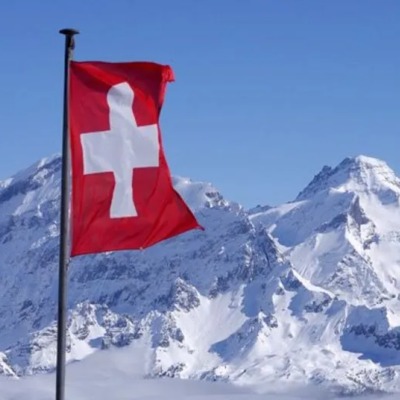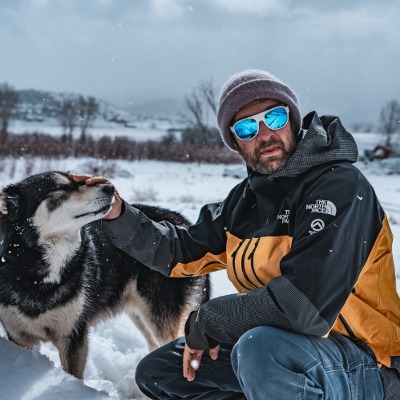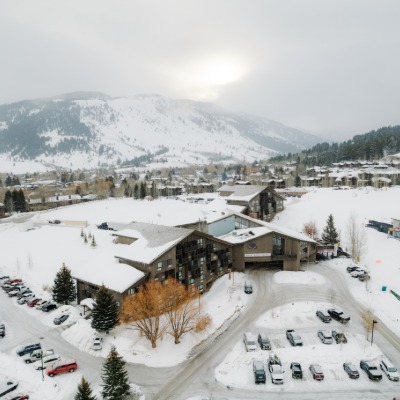Recco Sees Optimism As A Driving Force

When RECCO’s founder, Magnus Granhed, presented the first RECCO Detector prototype in Zermatt, he thought that it would take three years before the system could spread globally. Ultimately, it took 30 years, a healthy dose of persistence, hard work, and a firm belief that RECCO technology would revolutionize the rescue industry. RECCO today has an incredible global network, with over 900 ski resort and mountain rescue organization partners across 32 countries.
RECCO wasn’t always as we know it now - in the brand’s inception, Magnus was initially met with some resistance that hindered the quick growth he had anticipated. Ski resorts and rescue organizations were hesitant to bring the technology on board in the early days but were eventually convinced as the population of skiers venturing out of resort terrain continued to grow.
“My initial perception was too optimistic,” said Magnus. “First, we were developing a product and system that didn’t exist. Second, we had to figure out if there was even a market for our technology.”
Magnus’s motivation never faltered, despite the fact that there were no other business models to follow, and convincing resorts and rescue organizations of the efficacy and need for a technology like RECCO’s turned out to be more time-consuming than anticipated.
“I kept going because of two major factors that have motivated me,” said Magnus. “The people behind the system propelled our brand forward - they were highly passionate rescue professionals with unparalleled motivation to achieve their goals. We also had the incredibly unique opportunity to solve problems in the outdoor rescue space with our technology.”
Off-Piste Skiers - An Important Target Group
Ski resorts were hesitant to partner with RECCO in the beginning, thinking they might be encouraging their patrons to venture outside of resort boundaries. With a few exceptions, like Air Zermatt and Bruno Jelk, some rescue professionals only saw short-term obstacles and didn’t think ahead to the long-term solutions RECCO technology might provide. “This perception shifted when the ski resorts realized that off-piste skiers were actually a rather important group of customers that they needed to address in their communication,” Magnus explained.
Another factor that helped change the perception of the RECCO system was an influx of younger rescue professionals who urged for the development and modernization of rescue systems.
On the current state of RECCO, Magnus stated: “RECCO today is based wholly on rescue organizations and our brand partners. We are heavily prioritizing bringing these two groups together to increase safety for all recreationalists in the outdoors.” Magnus also believes that the system can continue to be improved and more people can be made searchable as RECCO technology develops into a year round system.
Safer Outdoor Adventures
Magnus feels strongly that the need for safety in society is always increasing. This ideal also applies to those in pursuit of outdoor adventures, whether they’re hikers, skiers, bikers, hunters, runners, or spend any time in the wilderness.
As more people flock to the outdoors each year, there will be added pressure on rescue teams to have sufficient education and the right technology to do their jobs. “At the same time, the individual always has the main responsibility to not expose themselves to unnecessary risks,” he concludes.













